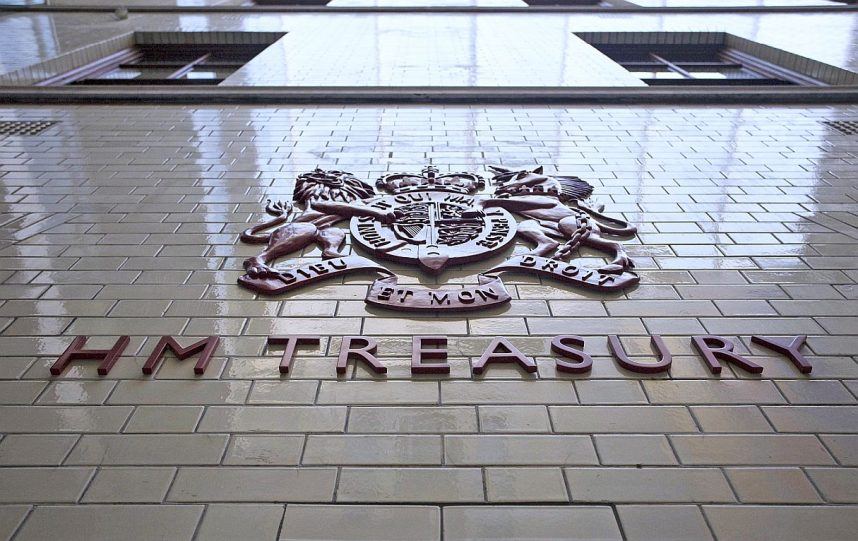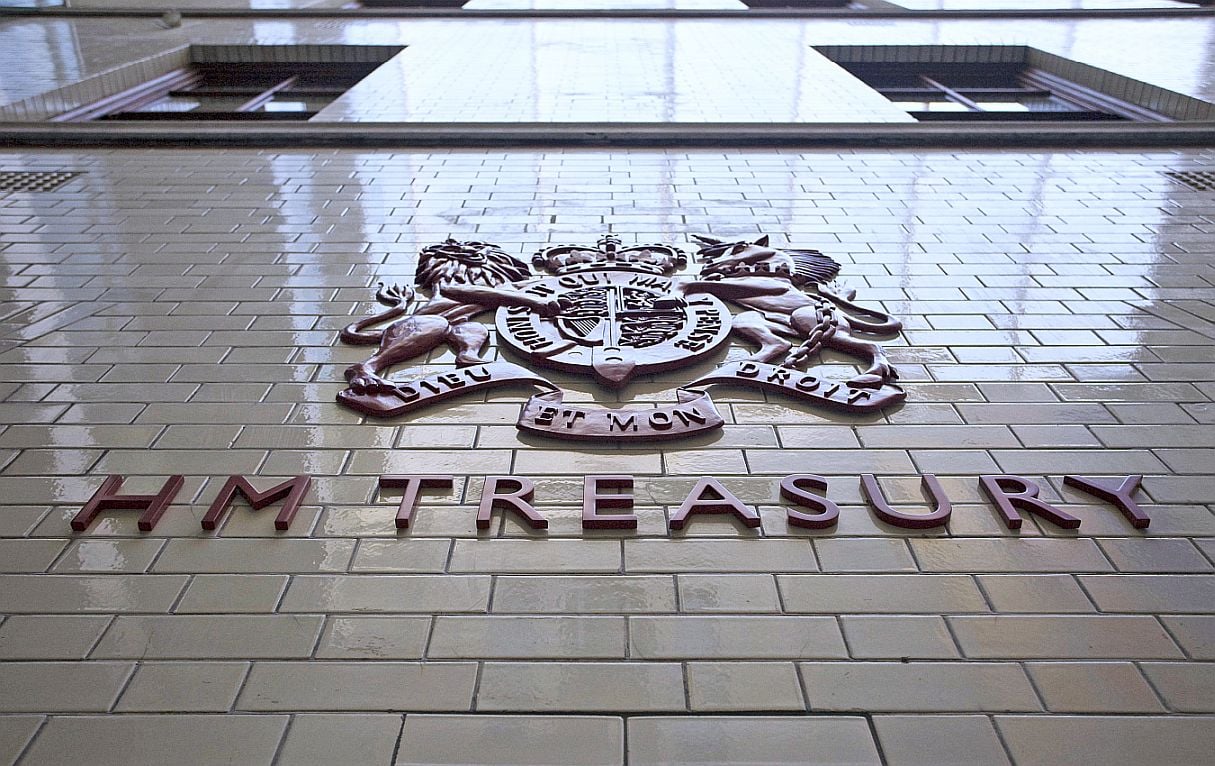[ad_1]
Posted on: July 7, 2023, 08:55h.
Final up to date on: July 7, 2023, 09:42h.
The UK authorities has launched plans that suggest the consolidation of anti-money laundering (AML) obligations right into a unified entity within the nation. It presents 4 attainable designs, and the ultimate resolution may have ramifications for the UK Playing Fee (UKGC).

The UK authorities’s HM Treasury just lately unveiled a brand new plan on June 30 that goals to overtake the oversight of AML and counter-terrorist financing (CTF) within the nation. The proposed modifications primarily deal with regulating how companies ought to tackle necessities, fairly than modifying the necessities themselves. A separate assessment is scheduled to evaluate that risk.
There are 4 potentialities that the treasury division has placed on the desk. It is going to now open the ground to suggestions and feedback, permitting enter till the tip of September.
Rewriting AML Oversight
Per the official document, a single physique may in the end handle the UK’s AML oversight. The entity can be public, however would reply on to Parliament.
The report means that this singular supervisor affords benefits over personal our bodies. Not solely does it centralize oversight and create effectivity, however it makes it simpler to keep up continuity if AML laws change.
The change, ought to it come to move, would solely impression how present regulatory entities strategy AML oversight. They might nonetheless be answerable for sustaining all different elements of their steering.
To organize for this suggestion, HM Treasury performed a complete international evaluation that examined the regulatory methods of different international locations within the G7 and G20. These international locations, it defined, have obtained reward from the Monetary Motion Job Power (FATF), and the UK desires to reflect their methods.
Per the attitude of HM Treasury, not one of the AML methods presently in use within the UK glad the standards. Due to this fact, the one conclusion is {that a} new system is critical.
The examine revealed a persistent prevalence of vulnerabilities within the AML supervision processes associated to the nonfinancial sector within the UK. Moreover, it highlighted the absence of efficient enforcement mechanisms by the authorities to deal with these shortcomings within the earnings part.
4 Eventualities on the Desk
One of many fashions HM Treasury introduced would require solely a bit tweaking to present insurance policies. The newly-created Workplace for Skilled Physique Anti-Cash Laundering Supervision (OPBAS) may obtain further powers that may permit it to extra successfully oversee the UK’s present skilled physique supervisors (PBS), a reference to the present regulators.
One other mannequin would take a number of of the PBS regulators, maybe two or six, and provides them AML/CTF supervisory powers. The quantity chosen would depend upon the ultimate make-up of the mannequin – there might be two overseeing the entire UK, or six to cowl every of its jurisdictions.
The third mannequin suggests a single supervisor overseeing all authorized and accountancy sector corporations. HM Treasury explains that this may seemingly be an “unbiased public physique with broad enforcement powers.”
The final mannequin would introduce a completely new supervisor to regulate all issues AML. Nevertheless, that is additionally essentially the most problematic choice, as present regulators, such because the UKGC and the Monetary Conduct Authority, would retain the management they’ve now, absent AML oversight. Because of this, there might be confusion and blurry strains concerning who is definitely answerable for what.
It’s unclear which of the 4 choices the UKGC helps. It’d like the concept of not having a lot on its plate, however would additionally need to relinquish its authority of potential AML violations. As a result of that’s one in all its fixed go-to causes for issuing big fines, that’s in all probability not a preferred choice.
[ad_2]
Source link

